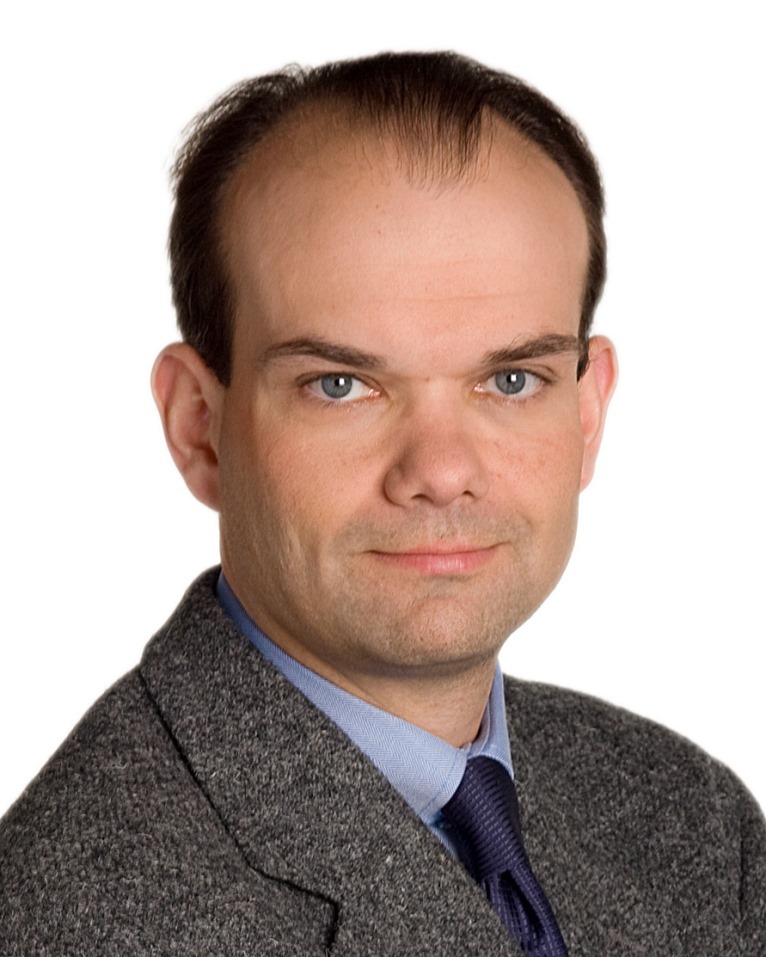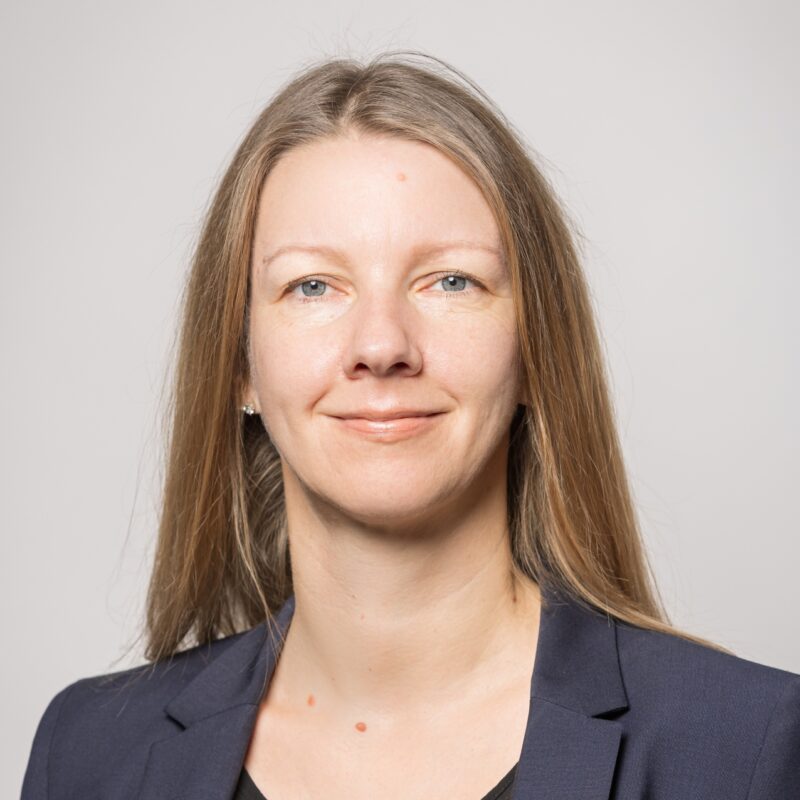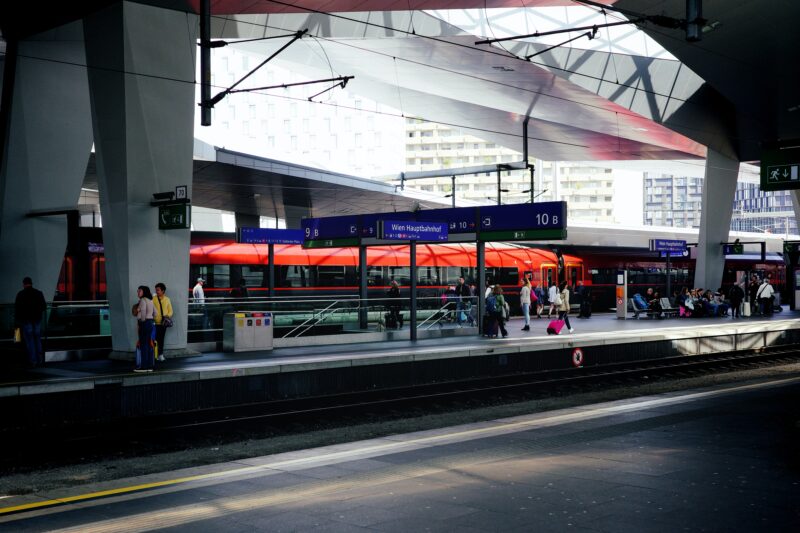
Distribution
The thematic platform "Distribution" bundles scientific work with the goals of
- contributing to an empirically based discourse on topics relevant to distribution policy and
- providing a sound basis for future decisions taking distributional aspects into account.
Socio-demographic, (geo-)political and technological developments require adaptation processes to changing framework conditions. These include the aging of the population, migration, the digital transformation with increased use of artificial intelligence, the green transformation and shifts in global trade structures. In addition to these medium- and longer-term developments, crises are also leading to changes in the distribution of resources. In Austria, for example, the effects of recent crises, the COVID-19 pandemic and the inflation crisis, ranged from labour market dislocations and disrupted supply chains to volatile energy prices and the highest inflation in decades. A central area of WIFO's work is devoted to the question of the different opportunities and risks or the benefits and burdens of these changes on those affected, be they individuals, firms, regions or national or supranational actors such as the EU.
Against the background of these developments, the state, which at the same time provides the institutional framework and is an economic policy actor, has a central guiding and balancing function. The challenge is to promote desired developments, dampen undesired effects and create a balance in the event of conflicting goals. The advantages and disadvantages of a policy measure are unequally distributed among the actors: for example, broad packages of measures responding to crises can lead to further distributional effects in the context of budget consolidations.
Another focus of the thematic platform is on the effects of institutional framework conditions and policy measures on income distribution and the distribution of goods and natural resources.











